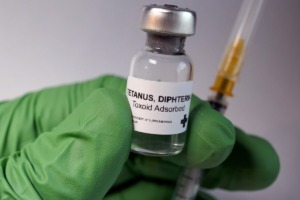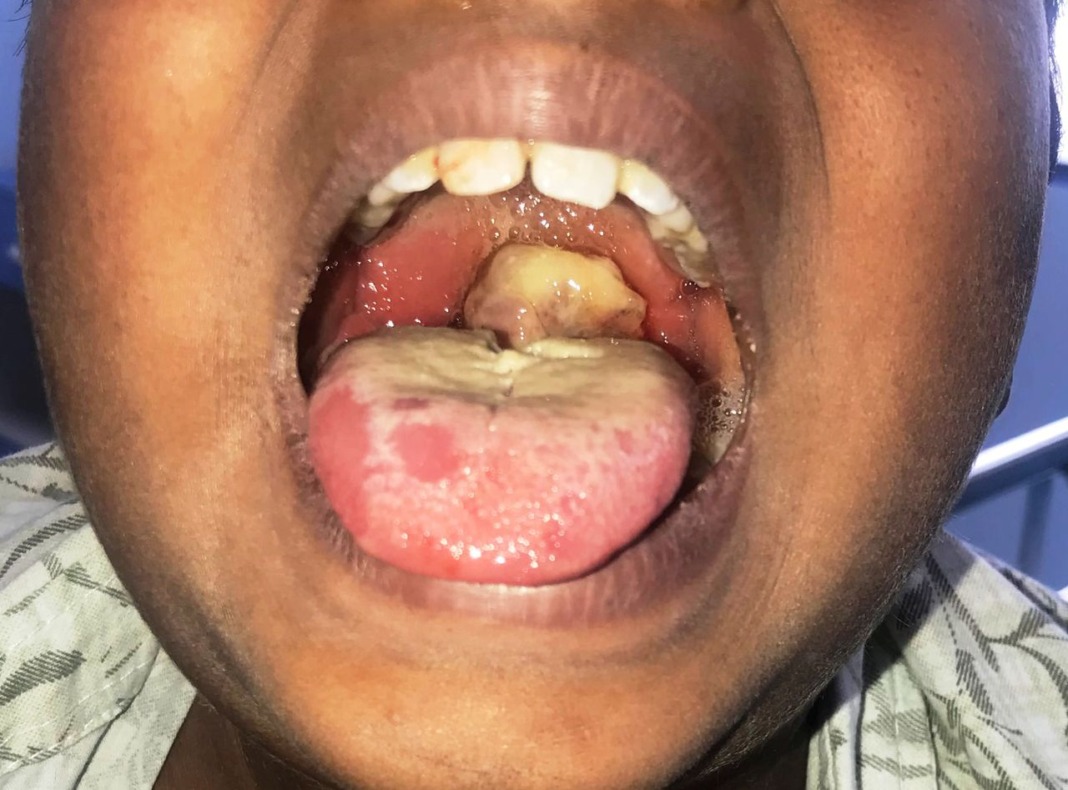In recent news, Nigeria has been grappling with a severe diphtheria outbreak, a highly contagious and potentially fatal bacterial infection caused by Corynebacterium diphtheriae. The outbreak has raised concerns among health authorities and communities due to its alarming symptoms and significant mortality rates.
Diphtheria is a serious infectious disease that primarily affects the respiratory system or the integumentary system, which includes the skin’s three layers and associated structures. The infection is transmitted through direct physical contact with respiratory droplets, secretions from the nose and throat, or infected skin lesions.
Symptoms of diphtheria can vary depending on the specific variant of the bacterium and the affected body part. In respiratory diphtheria, patients may experience difficulty swallowing, a sore throat, swollen glands in the neck, weakness, mild fever, and appetite loss. A distinctive feature is the development of a thick, gray coating in the nose or throat known as a pseudomembrane.
This pseudomembrane is a result of the bacteria releasing a toxin called exotoxin, which inhibits protein production, leading to tissue and cell death. If the toxin enters the bloodstream, it can cause life-threatening complications like myocarditis (inflammation of the heart muscles), neuritis (nerve damage), airway blockage, kidney failure, and paralysis.
Without timely and appropriate treatment, diphtheria can be fatal for up to 50% of infected individuals. Early diagnosis is crucial, and doctors often start treatment based on symptoms before confirming the infection through laboratory tests.
Treatment for diphtheria consists of two main components:
- Antitoxin: Also known as anti-diphtheritic serum, this treatment neutralizes the bacteria’s toxins and is used to combat diphtheria affecting the respiratory system.
- Antibiotics: Erythromycin or penicillin can eradicate the bacteria and stop its spread. Antibiotics are essential for treating diphtheria affecting both the respiratory system and the skin.
Health authorities stress the importance of routine immunization to prevent diphtheria exposure. In many countries, including Nigeria, routine vaccination has significantly reduced the risk of contracting the disease.
In addition to the respiratory system, diphtheria can also manifest in milder forms when affecting tissues other than the throat, such as the skin or other mucous membranes. Nevertheless, any form of the disease requires medical attention and appropriate treatment.
Health professionals are urging vigilance and swift action to control the ongoing diphtheria outbreak. It is vital for individuals to be aware of the symptoms and seek medical attention promptly if they suspect diphtheria or have been in close contact with someone infected.
Diphtheria Outbreak: Vaccination

The importance of vaccinations cannot be overstated, as they remain one of the most effective methods of preventing diphtheria and its potentially devastating consequences. Early treatment, swift action, and adherence to medical advice can save lives and help contain the outbreak.
Nigeria, like many other countries, has implemented vaccination programs to protect its population from infectious diseases, including diphtheria. Routine immunization with the diphtheria toxoid vaccine has proven to be highly effective in preventing infection and reducing the severity of the disease in those who might still contract it.
The diphtheria toxoid vaccine is typically administered as part of a combination vaccine, such as the DTaP or Tdap vaccines, which also protect against tetanus and pertussis (whooping cough). The World Health Organization (WHO) and other global health organizations endorse routine vaccination for all eligible individuals to create herd immunity and protect vulnerable populations.
However, despite the availability of vaccines and the importance of routine immunization, diphtheria outbreaks can still occur, particularly in regions with low vaccination rates or where healthcare infrastructure is inadequate. In such situations, prompt containment measures and public health interventions become crucial.
During a diphtheria outbreak, health authorities and medical professionals work tirelessly to identify and isolate cases, trace contacts, and provide timely treatment. Simultaneously, efforts are made to increase public awareness about the disease, its symptoms, and the importance of vaccination.
In Nigeria’s current outbreak, the government, in collaboration with international health organizations, has initiated a comprehensive response plan. Mass vaccination campaigns, public awareness drives, and enhanced surveillance systems have been put in place to control the spread of the disease and prevent further fatalities.
The success of these measures depends on community engagement and active participation. It is vital for individuals to cooperate with health authorities, report suspected cases promptly, and adhere to vaccination schedules to protect themselves and their communities.
In conclusion Vaccination against diphtheria, along with other routine immunizations, remains one of the most effective ways to prevent the disease and protect vulnerable populations. Health authorities and communities must work hand in hand to contain outbreaks, save lives, and build resilient healthcare systems capable of responding to public health emergencies. By staying vigilant and adhering to recommended vaccination schedules, we can strive to prevent future outbreaks and ensure a healthier and safer world for all.




Nice read💯
Nice write up. Thanks for the information.